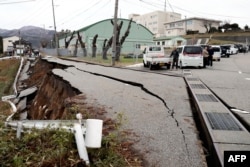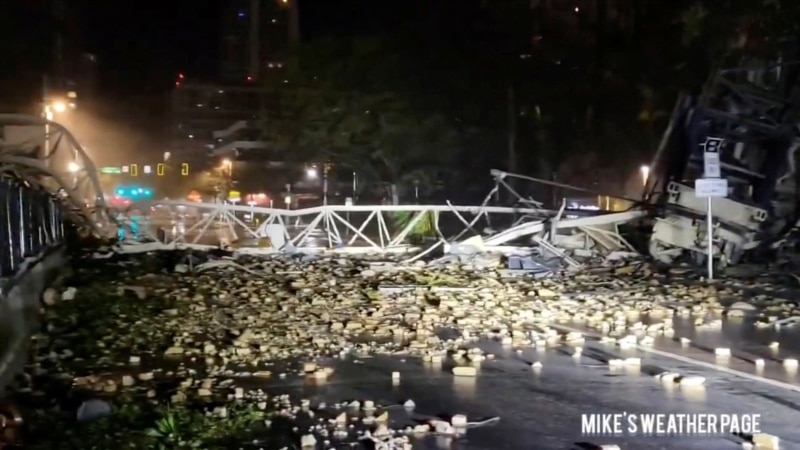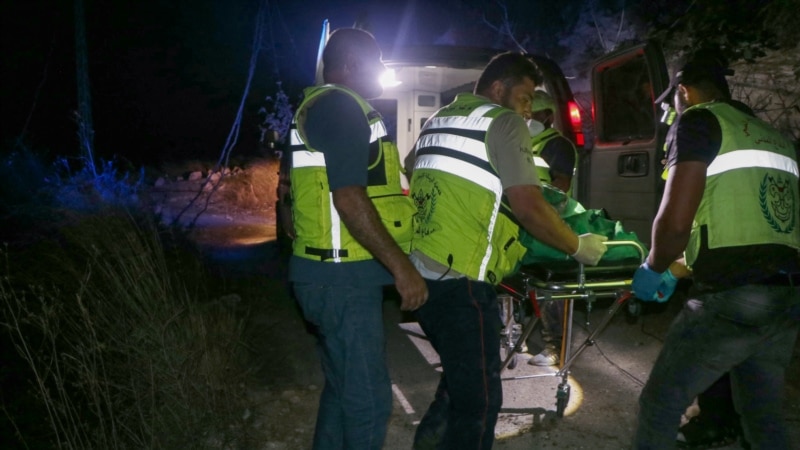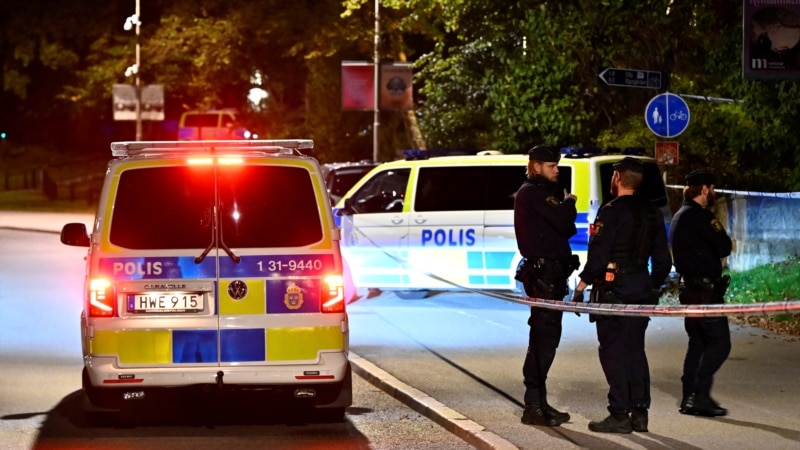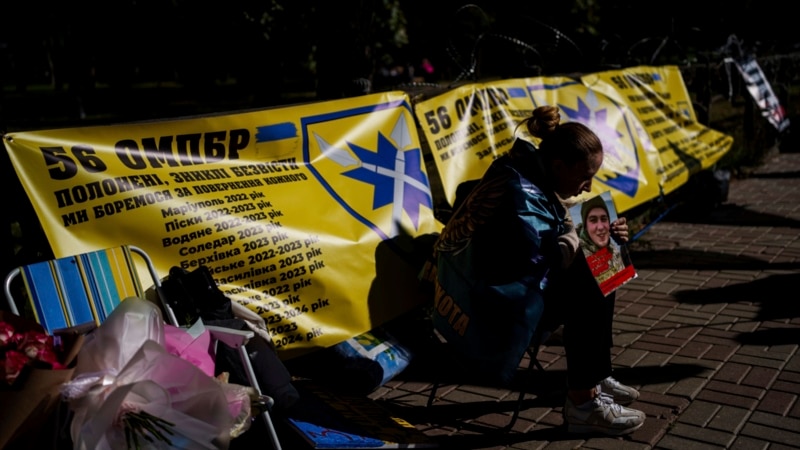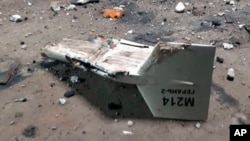Japan ended its highest-level tsunami alert Monday night following a series of major earthquakes but told residents along its western coastline not to return to their homes, as deadly waves could still strike the region.
Japan’s meteorological agency reported more than a dozen quakes in the Japan Sea off the coast of Ishikawa and nearby prefectures in the late afternoon. The largest had a magnitude of 7.6, started a fire and collapsed buildings on the west coast of Japan’s main island, Honshu. It was unknown whether any people might have been killed or hurt.
At least six homes were damaged by the quakes, with people trapped inside, government spokesman Yoshimasa Hayashi said. A fire broke out in the city of Wajima, Ishikawa Prefecture, and electricity was out for more than 30,000 households, he said.
The meteorological agency initially issued a major tsunami warning for Ishikawa and lower-level tsunami warnings or advisories for the rest of the western coast of Honshu, as well as the northernmost of its main islands, Hokkaido.
Hours later, the warning was downgraded to a regular tsunami, meaning the waters could still reach up to 3 meters, and aftershocks could also strike the same area over the next few days, it said. Hayashi stressed that it was critical for residents in coastal areas to get away from possible tsunamis.
Japanese media footage showed people running through the streets, and red smoke spewing from a fire in a residential neighborhood.
The earthquake struck off the coast of Ishikawa and was followed by at least 20 aftershocks in the following hours, with many of them at least a magnitude 5.
The meteorological agency reported a tsunami with waves of 1.2 meters hit the port of Wajima, with smaller tsunami waves hitting areas to the north and south.
Authorities warned that larger tsunamis could arrive after initial tsunamis reach the shore, and that more earthquakes are expected in the area.
A government spokesperson said there were no reported irregularities at any of the nuclear power plants near the epicenter.
Authorities closed some major highways near the epicenter, and bullet train services between Tokyo and Ishikawa were suspended for hours, although some service in the earthquake region was restored in the evening.
Russian officials issued a tsunami alert for the island of Sakhalin, located just north of Japan. There were also tsunami warnings for South Korea’s Gangwon province, as well as parts of North Korea.
Some information for this report came from The Associated Press, Agence France-Presse and Reuters.

